In a landmark move for Brazil’s agricultural and scientific sectors, the country’s leading agricultural research agency, Embrapa, has announced a 12-year national research program dedicated to cannabis. The initiative will focus on cultivation techniques, seed banking, and region-specific production methods, with applications spanning medical, food, and industrial uses. This long-term commitment reflects a growing recognition of cannabis as both an economic opportunity and a tool for advancing healthcare and sustainable agriculture. The program, supported by domestic and international partners, is designed to establish Brazil as a hub for cannabis research and development in Latin America, ensuring that the nation’s agricultural strengths are matched with cutting-edge science.
Research Objectives and Focus Areas
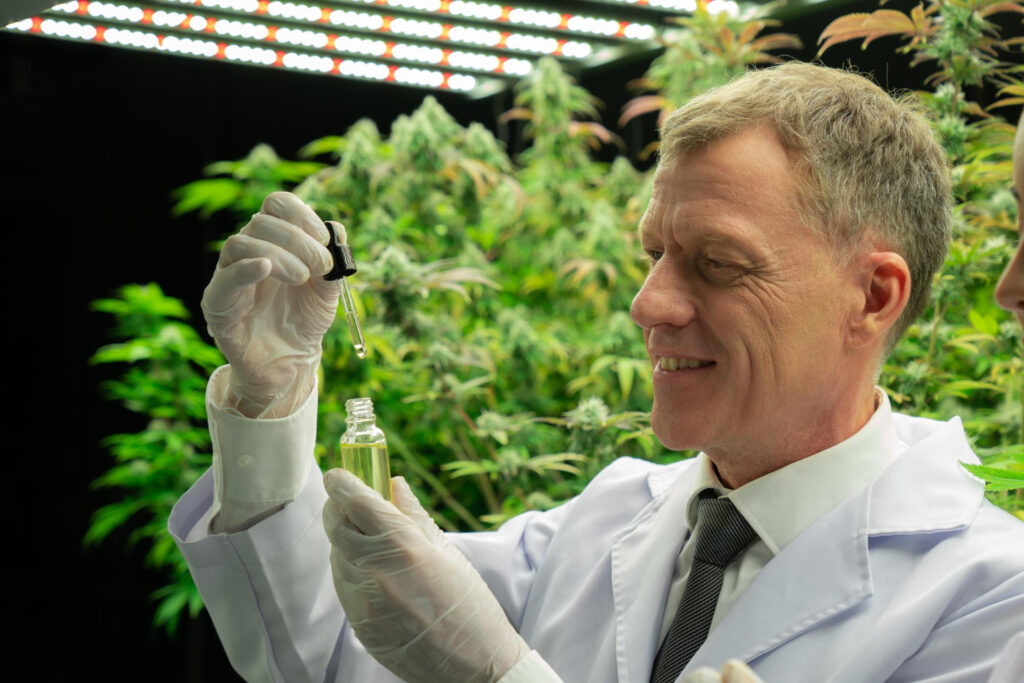
The Embrapa cannabis program will target several key areas critical to building a sustainable and competitive cannabis industry in Brazil. Among its core goals is the development of region-specific cultivation practices tailored to Brazil’s diverse climates, from the humid Amazon to the arid northeast. By studying optimal growing conditions, the program aims to maximize yields while minimizing environmental impacts. Another focus will be the creation of a national seed bank to preserve genetic diversity and secure high-quality strains for future production. This research will also explore breeding methods to produce plants with specific cannabinoid profiles suitable for medical treatments, industrial hemp production, and functional food development.
Collaboration with Domestic and International Partners
One of the defining features of the program is its collaborative approach. Embrapa will work with Brazilian universities, private sector companies, and international research institutions to share data, pool resources, and accelerate innovation. These partnerships are expected to attract foreign investment and foster technology transfer, giving Brazilian producers access to advanced cultivation tools, processing equipment, and testing capabilities. International cooperation will also help Brazil navigate the complex regulatory landscape surrounding cannabis, ensuring that research outcomes align with both domestic laws and global trade standards. Such collaboration can position Brazil as a trusted supplier of high-quality cannabis products in emerging international markets.
Medical, Industrial, and Food Applications
The 12-year program is designed to cover the full spectrum of cannabis applications, from pharmaceutical research to industrial materials. In the medical field, Embrapa’s research will focus on optimizing cannabinoid extraction methods, developing standardized medical formulations, and conducting studies on their efficacy for various conditions. Industrially, the initiative will explore hemp fiber’s potential in textiles, construction materials, and biodegradable plastics, offering sustainable alternatives to conventional products. The food sector will also benefit from research into hemp seeds and oils as nutrient-rich ingredients, with applications in health supplements and functional foods. By diversifying its research portfolio, Embrapa aims to create an integrated cannabis economy that supports multiple industries.
Economic and Regulatory Impact on Brazil
Beyond the scientific scope, the Embrapa program is expected to have significant economic implications for Brazil. By fostering a regulated, research-backed cannabis industry, the initiative could generate thousands of jobs in agriculture, manufacturing, and logistics. It may also open new export channels, especially for medical cannabis and hemp-derived products, in markets where Brazilian agricultural exports already enjoy strong demand. Regulatory adjustments will likely be necessary to support the program’s goals, requiring clear guidelines for cultivation, processing, and commercialization. As Brazil refines its cannabis laws, Embrapa’s data-driven approach could serve as a foundation for balanced policies that encourage innovation while safeguarding public health.
Positioning Brazil as a Global Cannabis Leader
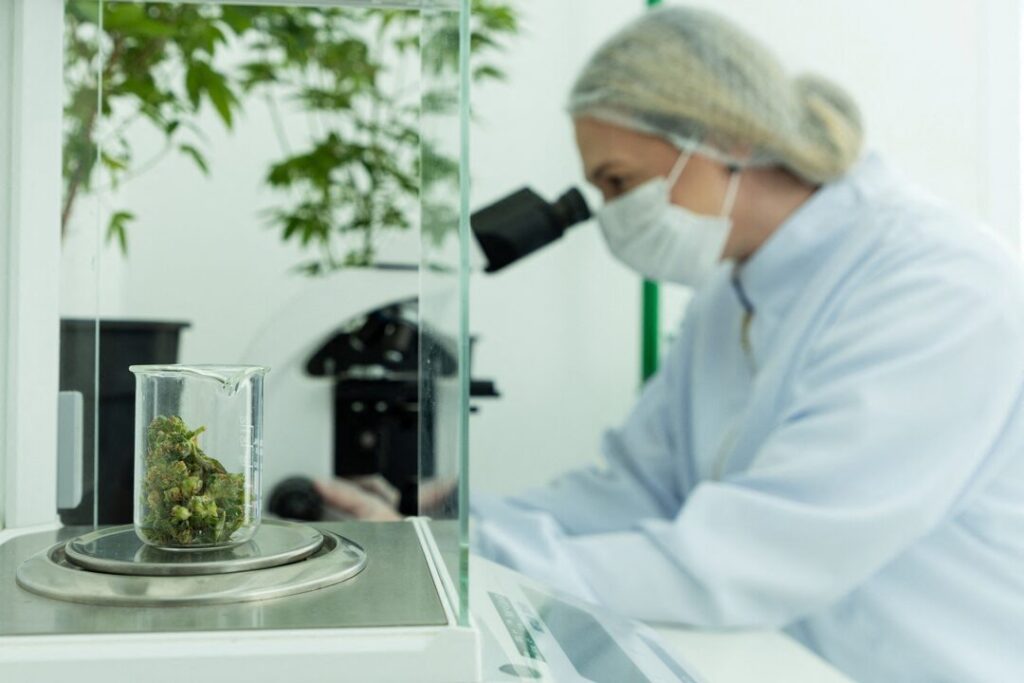
Over the next decade, Embrapa’s cannabis research initiative has the potential to make Brazil a leader in the global cannabis industry. The combination of the country’s favorable agricultural conditions, scientific expertise, and strategic international partnerships gives it a strong competitive advantage. By investing in a long-term research program, Brazil is signaling its commitment to both innovation and sustainability in cannabis production. If successful, the initiative could reshape not only Brazil’s domestic cannabis landscape but also its role in international trade, positioning it as a key supplier of high-quality, research-backed cannabis products for years to come.
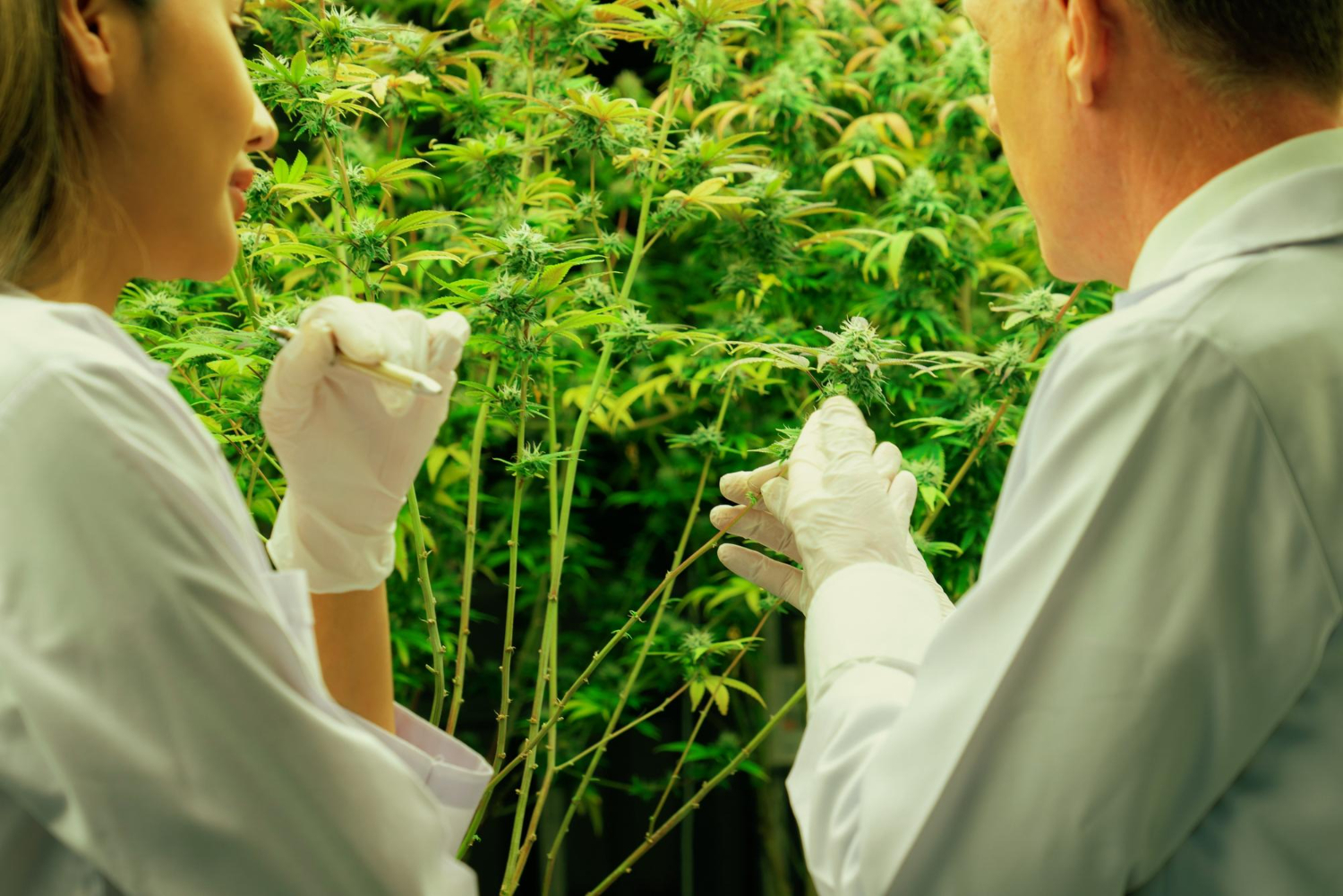


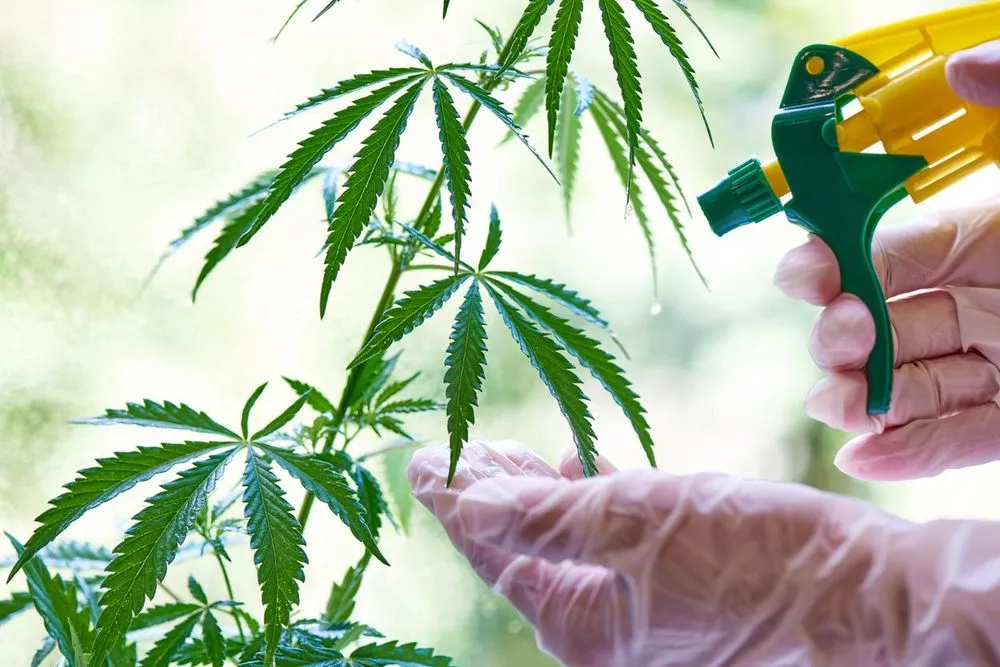
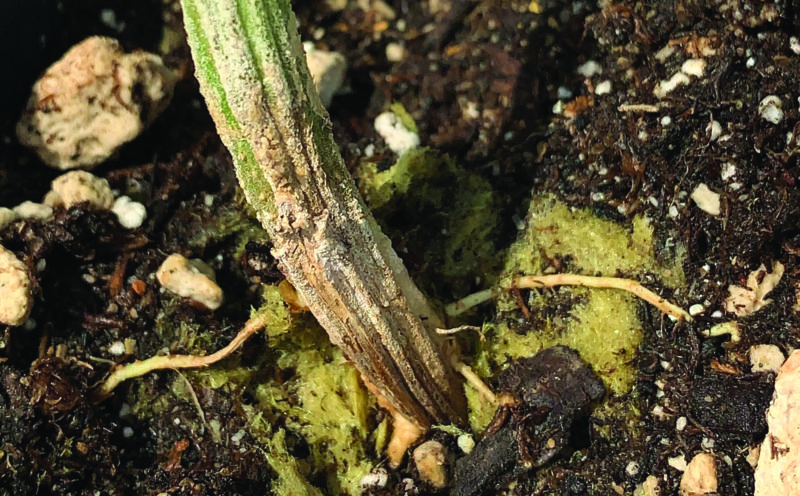

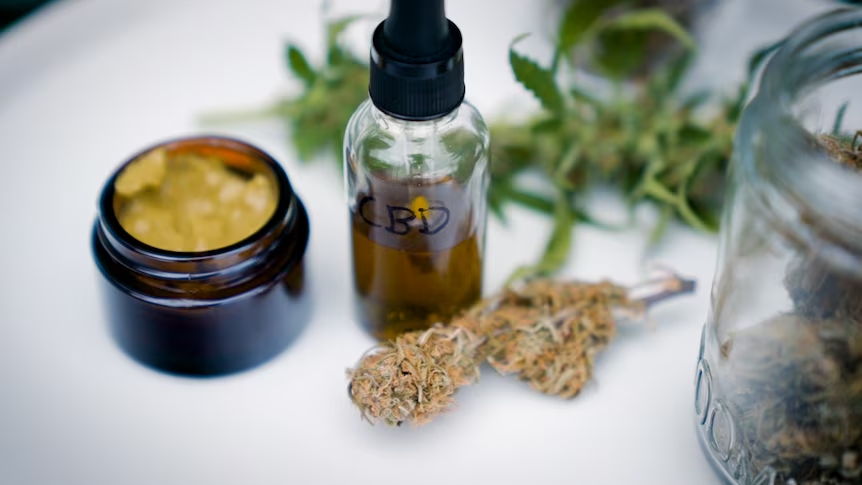
Leave a Reply